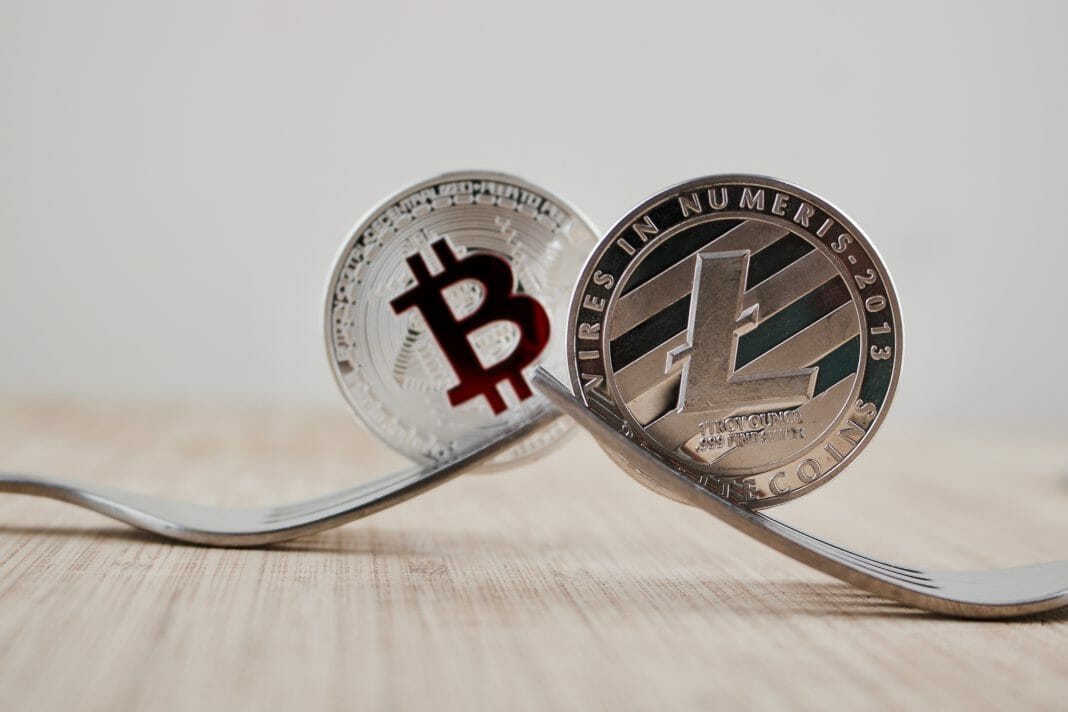This is an in-depth study created to clear the field of falsehoods that have also been spread by publications of certain prestige.
It was Bitcoin Spot ETF week, although nothing actually happened. In a phase that continues to be one of low volumes (and little interest) for the $BTC world, the commitment of companies like BlackRock not only keeps the price afloat, but also helps to recover some interest in the sector.
X user @Criptovaluta.it, a major Italian journal based on Milan, has shared a series of podcasts that deconstruct five lies in regards to Bitcoin ETF, which are described below.
BlackRock WILL NOT Buy Bitcoin
ETFs don’t work like that. The companies that manage these products identify what APIs are called authorized participants. These can buy Bitcoin and deposit it in exchange for ETF shares. And vice versa, they can deposit shares and receive Bitcoin in return. BlackRock does not carry out these transactions, nor has it started buying Bitcoin yet.
If this rumor were to be true, however, BlackRock could influence most powerful companies’ decisions worldwide, from Apple to Walmart, including Coca-Cola, McDonald’s or Disney. This is possible because Blackrock is the largest fund manager in the world and offers many index funds to the S&P 500, which makes it a shareholder in all the companies that are part of the index, and gives it the right to vote on their boards of directors.
Shopping Has Not Started Yet
Blackrock’s updated presentation indicates the start of sowing in October, although it can still be modified. However, this is an operation that requires the payment of dollars waiting for the ETF to start. Therefore, it is very unlikely that those involved are hoarding bitcoins. Whoever says this does not have any type of proof or evidence.
The Bifurcation Clause
Within the ETF presentation there is a clause on forks, where BlackRock indicates the behavior that it will adopt in the event of a new Bitcoin fork. This clause does not indicate that BlackRock will fork Bitcoin, but rather the ways in which it will decide, in the event of a fork, which asset will continue to be considered $BTC by the fund.
The methods are based on decisions that will be shared by the majority of users, miners and nodes. And therefore, there is no conspiracy. Anyone who claims otherwise has not understood what is written, or pretends not to understand it to fraudulently take a few clicks home.
KYC
There are those who talk about this operation as a huge maneuver to manufacture as much Bitcoin as possible… KYC. That is, associating an identity with the ownership of certain Bitcoins.
The issue is a little more complex: between ETFs and Bitcoin ownership there is an additional layer, which is the ETF itself. Those who hold some shares of the ETF will not have direct ownership of the Bitcoins representing those shares.
BlackRock May Decide Bitcoin Future
This is in case the ETF actually accumulates large amounts of Bitcoin. This is also a lie. To understand how certain things work, even without going into the details of the decision-making process for internal changes in Bitcoin, it is just a matter of looking at Grayscale’s Bitcoin Trust, which has more than 600,000 Bitcoins in cash, a huge amount that BlackRock will probably never be able to accumulate in its ETF.
By Leonardo Pérez











